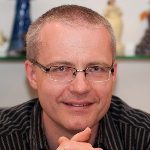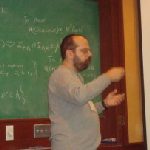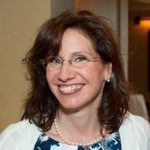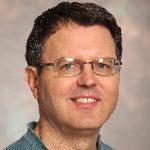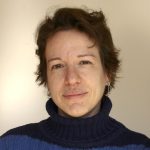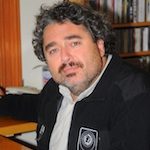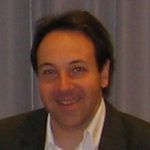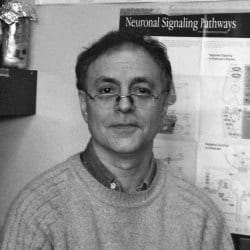
Susan Landau
Susan Landau works on cybersecurity, privacy, and public policy. Over the years, Landau has advised government officials in the U.S. and Europe on security risks of various surveillance technologies, helped in the development of privacy and security policies for the Liberty federated identity management system, and helped establish Sun Microsystem’s innovative stance on digital-rights management.
